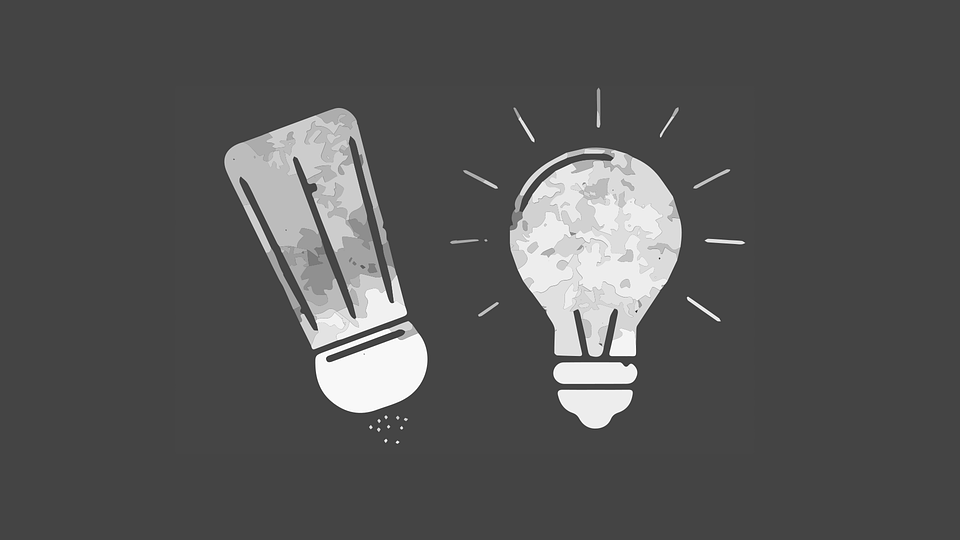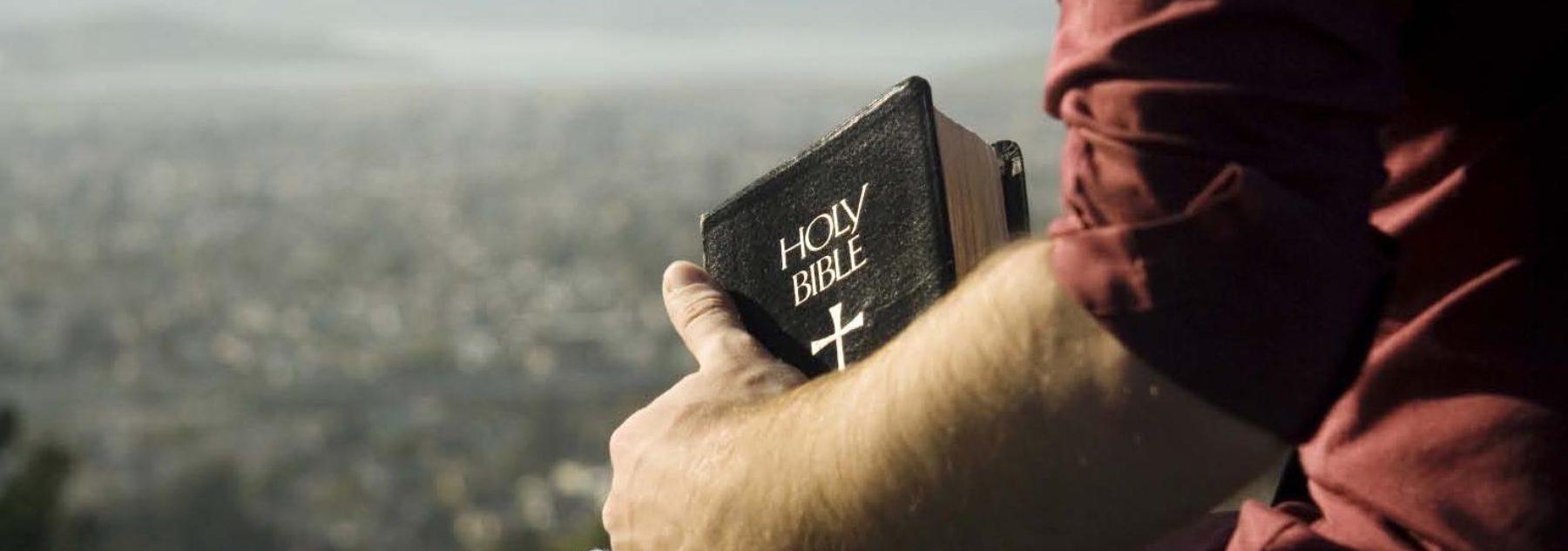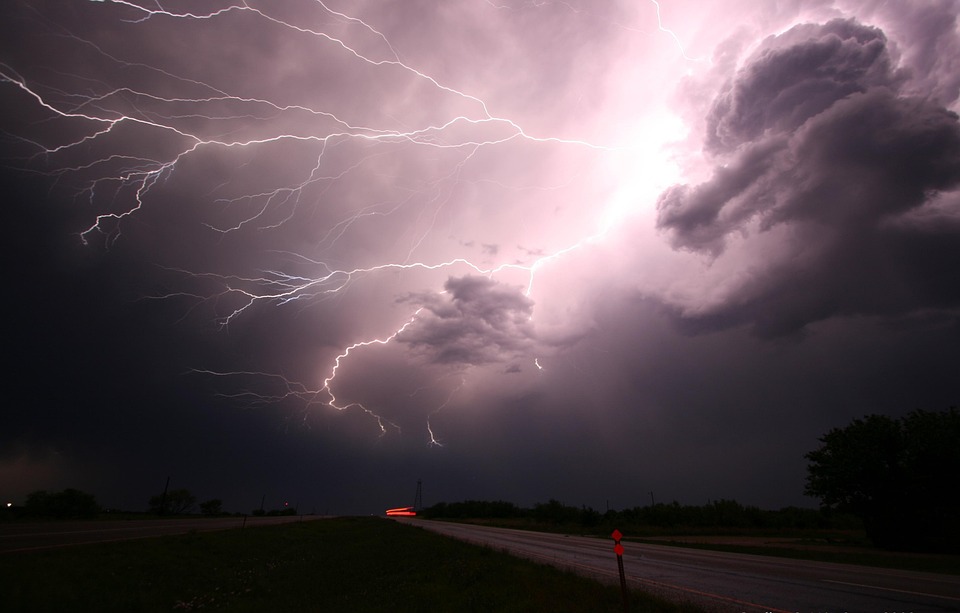I’d been reading quite a bit about the Darwinian fairy tales in the general sense, some of which were pressed by the likes of Derrida and Foucault. I think they’re somewhat misunderstood by the average Joe, but mostly bunk.
As an aside, “Darwinian Fairytales” is the title of a really great book by David Stove. I enjoy reading insightful and intellectually honest works by the other side. Stove is an atheist philosopher who writes with devastating style and tremendous wit. It really guts the other side when you quote one of their team in your argument. I listed it on my Christian Reading Blog some time ago.
Back on topic… When we devolve into Darwinism, we realize, or at least we should, that there are no limitations. When there is nothing to live for you’re saddled with darkness and that’s a penalty, but you’re also free of consequence and too often the Darwinists see that as some sort of bonus. If there is no accountability in the afterlife for the choices we make here and now, we’re “free” to be as horrible or valuable to our neighbor as we wish. Life is utterly absurd in the Darwinistic realm. In order to explain any kindness under Darwin’s theory we’d have to be quilty en mass of group altruism. In case you were wondering, we’re not guilty of group altruism, so we see Darwin’s theory begins to crumble further.
As I was considering the truth about Darwinism, no matter which variation or adaptation you choose, they seem to orbit the concept of power. Most people mistakenly label Darwin’s theory as the survival of the fittest. But that’s a simplistic view that skews to the lowest common denominator. Rather, his theory could better be summed as positioning for the best placement in my opinion, whether that be wealth, health, or status. It doesn’t seem to be about who is the strongest or the smartest – I’ve had many conversations with extremely powerful folks in the business sector and politicians that are neither strong nor smart. To the victor go the spoils, yes? They use their power over others. Often poorly.
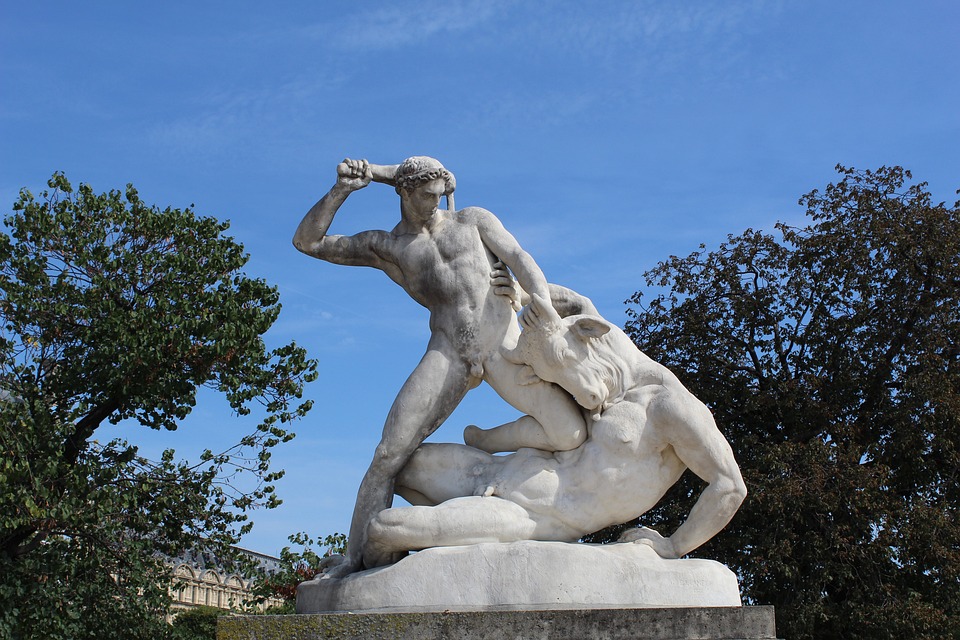
A man has power, and he might use that physically over a woman, verbally even. While I would consider that an abuse of power, it happens. Daily. And the woman may use cunning or the constant reminder of a mistake or the former abuse of the man’s power like beating him over the head with a sack of potatoes, over and over and over. She might say things to him solely to hurt him or stir him up. That too is power, or the abuse thereof.
It seems to be when we vie for power, we’re making a huge mistake. In order for any relationship, especially a marriage, to be healthy, you should fundamentally know or learn when to relinquish power and do so freely. Rather than hold power over someone, we should be loving them enough to let go of that power. …Loving them more than ourselves. When this is practiced, power becomes something that isn’t necessary and you have fewer items to corrupt your minds. In fact, I would posit this: when love is given freely and routinely, power evaporates and is neither a commodity nor inherently present in your relationship.
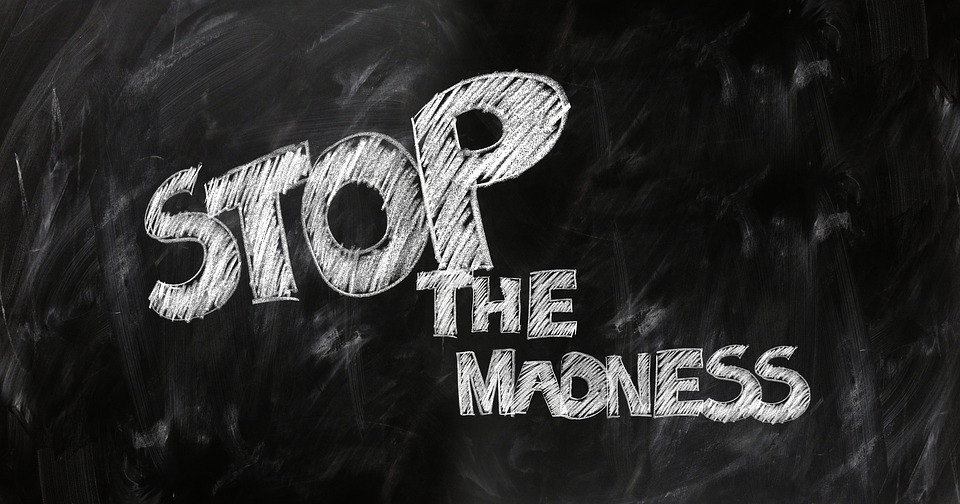
If you’re in a relationship where power is lorded, whether you realize it or not, power is being abused. And you should never put yourself in a position to abuse power, as trust vanishes and dignity dissolves. Pump the brakes, get in the Word, and let go of the power struggle. Embrace the loving nature God repeatedly hammers home. Grasp this, and do it. If the other person in the relationship is addicted to power, then mitigate that with counseling. Biblical is best, but secular counseling can sometimes work too, although unlikely.
Kick the power struggle to the curb. Be salt and light my friends.
